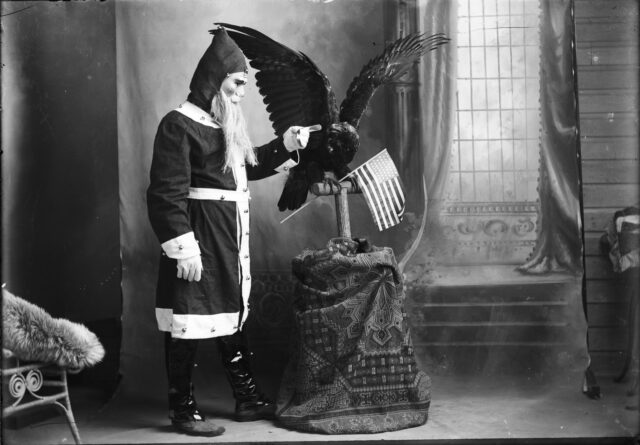A bit of Christmas cheer is spreading across the land.
The University of Michigan’s index of consumer sentiment rose four percent above the November reading, rising to 59.1 from 56.8. While that is still low by historical standards, it is better than the unchanged level economists were expecting.
Views of both current conditions and conditions over the next six months improved.
“All components of the index lifted, with one-year business conditions surging 14 percent and long-term business conditions increasing a more modest 6 percent,” said Joanne Hsu, the director of the consumer survey, in a statement Friday.
Despite the month-to-month improvements, consumers sentiment is much grimmer than it was at this time last year. The overall index is down 16.3 percent, the current conditions measure is down 18.9 percent, and the expectations metric has fallen 14.5 percent. Much of this is due to the high inflation that has afflicted the U.S. economy over the past year and fears that the economy is likely to fall into a recession over the next 12 months.
Sentiment improved among Democrats and, to a lesser extent, among Independents. It fell among Republicans. These results probably reflect the outcomes of the midterm elections.
The stock market’s recent rally seems to have given a boost to sentiment among higher-income families and those with larger stock holdings.
Inflation, which has come down from its highs this summer, is weighing less heavily on sentiment.
“Throughout the survey, concerns over high prices—which remain high relative to just prior to this current inflationary episode—have eased modestly,” Hsu said.
Year-ahead inflation expectations improved, falling from 4.9 percent to 4.6 percent in December. That’s the lowest reading in 15 months but still well above 2 years ago and high by historical standards. Declines in short-run inflation expectations were visible across the distribution of age, income, education, as well as political party identification, according to Hsu.
For the second consecutive month, long-run inflation expectations came in at three percent, suggesting these may be becoming entrenched at a high level. That could be a cause of concern for officials at the Federal Reserve, where it is widely believed that long-run inflation expectations determine long-run inflation outcomes. Hsu noted that long-run expectations have stayed within a narrow range of 2.9 percent to 3.1 percent for 16 of the last 17 months.
The better than expected consumer sentiment figures are the latest economic indicators that suggest the economy is in a stronger place than analysts thought. Retail spending, factory orders, and labor market reports have all suggested an economy that is accelerating or stabilizing rather than softening. That runs contrary to the Federal Reserve’s efforts to bring down demand and slow growth in an effort to tame inflation.

COMMENTS
Please let us know if you're having issues with commenting.